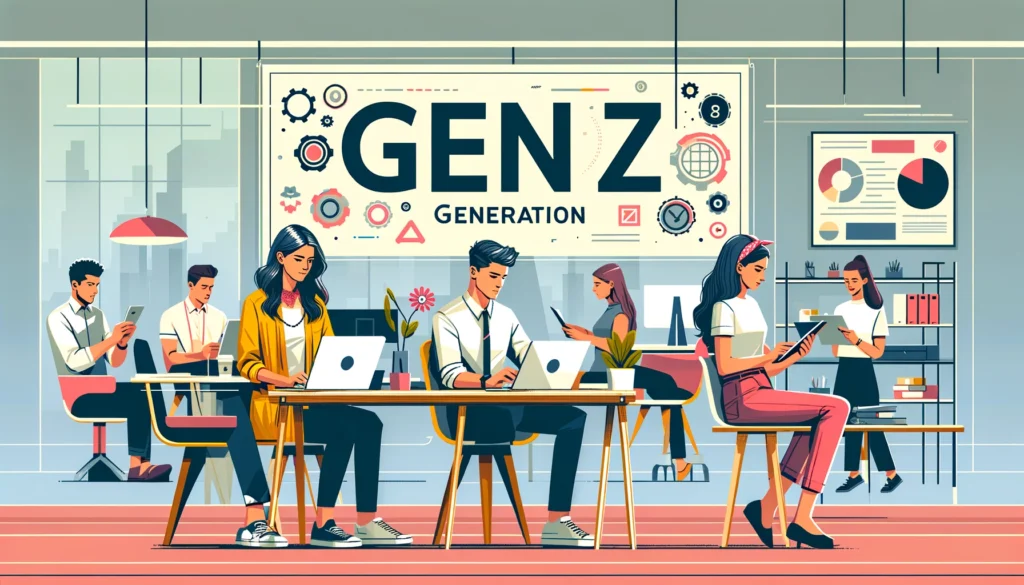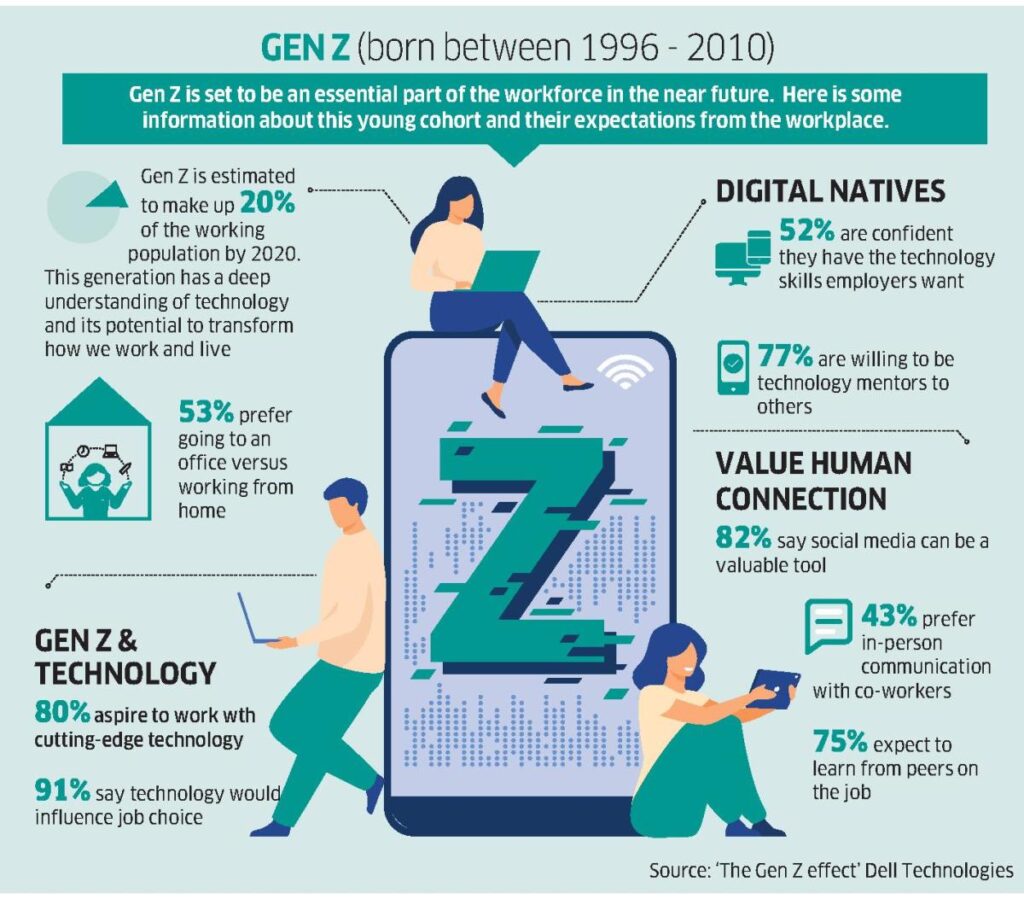Table of Contents
The future of work is already here, and it has a new face: Generation Z. Born between 1997 and 2012, Gen Z is reshaping corporate expectations and redefining what it means to work with purpose. For companies committed to sustainability and social responsibility, this shift is not a challenge but a golden opportunity.
As organizations prepare to meet the requirements of regulations like the CSRD and SFDR, they must also rethink how to embed ESG into corporate culture in a way that resonates with this purpose-driven generation.
In this article, we explore how companies can engage Gen Z through sustainability, purpose, and action—with practical strategies, real-world insights, and tools that deliver measurable impact.
Why Gen Z Matters for ESG and Corporate Culture
A New Set of Expectations
Gen Z is not just looking for a paycheck—they’re looking for meaning. Studies show that over 70% of Gen Z employees consider sustainability and ethical leadership critical factors in choosing where to work. They expect transparency, inclusivity, and accountability—from employers and brands alike.
Digital Natives with a Conscience
This generation grew up with technology and climate anxiety. They’re fluent in social media, mobile-first tools, and remote work—and they’re also the most vocal advocates for social and environmental causes in the workplace.
Key Challenges Companies Face When Engaging Gen Z
Lack of real action behind ESG messaging
Fragmented communication across departments
One-size-fits-all engagement programs that don’t speak to their values
Siloed sustainability and HR efforts
To win over Gen Z, companies need to integrate ESG and engagement into a cohesive employee experience.
5 Strategies to Engage Gen Z Through ESG & Purpose

1. Translate ESG into Daily Action
Don’t just talk about ESG—activate it. Micro-actions like sustainable mobility challenges, community impact programs, and energy-saving initiatives allow Gen Z employees to contribute meaningfully. Platforms like DoGood make it easy to scale these actions across teams, countries, and departments.
2. Co-create With Young Talent
Invite Gen Z employees to help shape your sustainability roadmap. Focus groups, ESG councils, or ambassador programs are effective ways to empower them and harness their insights. This not only boosts engagement but builds ownership and loyalty.
3. Use Gamification to Drive Engagement
Interactive learning experiences, ESG quizzes, leaderboards, and rewards fuel healthy competition and continuous learning. Gamification transforms passive awareness into proactive participation—exactly what Gen Z thrives on.
4. Prioritize Authentic Storytelling
Show, don’t tell. Use real stories from your ESG initiatives to highlight impact—especially those involving employees. Instagram reels, LinkedIn posts, and internal newsletters are great channels to make their efforts visible.
5. Provide Transparent, Real-Time Feedback
Gen Z expects immediacy. Use dashboards and personalized progress reports to show the impact of their contributions to ESG goals. Visualize CO2 savings, volunteering hours, or participation metrics so they feel the results of their actions.
The Role of Technology in ESG Engagement
Digital platforms like DoGood enable companies to:
Segment content by employee profile and region
Track ESG engagement in real time
Provide scalable experiences aligned with business and regulatory needs
Foster a global sustainability culture from the bottom up

Conclusion: Gen Z Is the Ultimate ESG Ally
Attracting and retaining Gen Z talent isn’t about perks—it’s about purpose. Companies that activate their ESG strategy with authenticity, transparency, and employee-centered action will gain not only loyal talent but true sustainability champions.
